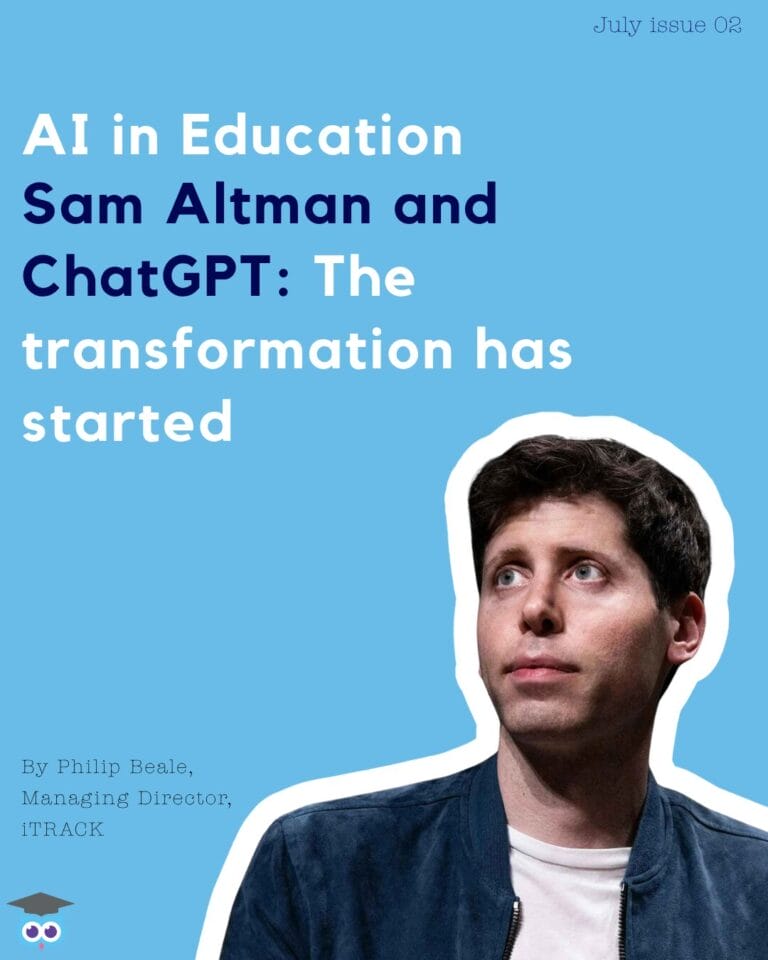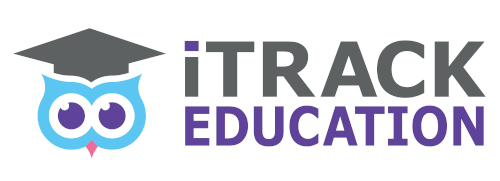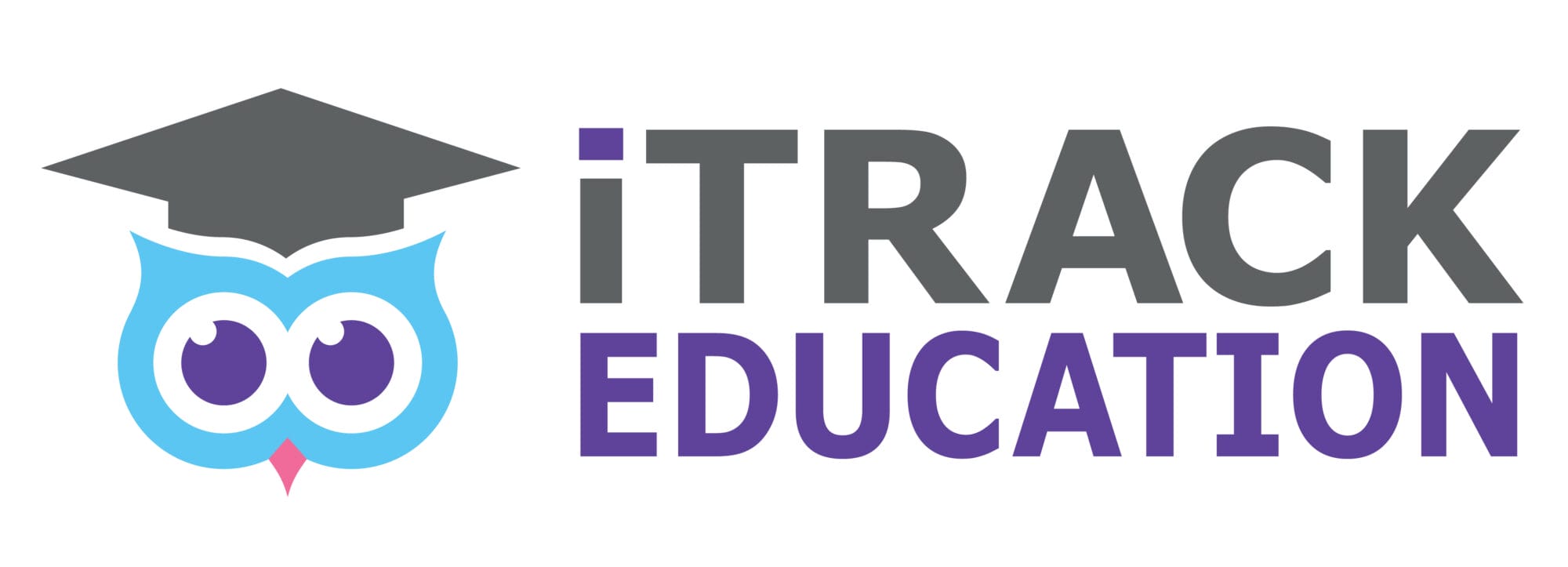
Artificial Intelligence (AI) is transforming the world at an extraordinary pace. Yet, many remain unaware of its current and potential impact. A recent conversation revealed that several individuals had not even heard of ChatGPT—an indicator of the significant gap between technological advancement and public awareness.
We are at the beginning of what may be the most transformational period since the industrial revolution. As Bill Gates has noted, the rise of AI represents a shift “more significant than the invention of the internet.” Its effects will be far-reaching, and education will be no exception.
At iTRACK Education, we have been monitoring these changes closely. This blog series will examine the growing influence of AI on education. The forthcoming entries will address:
• How AI Has Entered the Classroom
• Can AI Mark Writing?
• The New Digital Divide
• When AI Watches Too Closely
Before turning to education specifically, it is important to recognise the wider societal shifts AI is already initiating.
AI Is Redefining Everyday Interactions
Artificial Intelligence is beginning to disrupt industries that once appeared immune to technological upheaval. For example, property searches no longer require the use of multiple aggregator sites such as Rightmove or OnTheMarket. AI tools like ChatGPT and Microsoft Copilot can now scan listings across multiple sources, applying specific filters to deliver a curated list of properties within a given postcode and price range. This development threatens the traditional role of content aggregators by providing users with direct, personalised search results.
Similarly, price comparison websites may also face obsolescence. AI offers the potential to analyse the entire market for products or services in real time—eliminating the need to visit multiple comparison platforms that display only a subset of available deals.
A Global Talent Race for AI Expertise
The strategic importance of AI has triggered an intense global competition for talent. Meta (the owner of Facebook) for instance, has reportedly offered extraordinarily large compensation packages to leading AI researchers, including those currently employed at OpenAI. According to OpenAI CEO Sam Altman, Meta has approached his staff with bonuses of up to $100 million and even more substantial total compensation packages. These figures illustrate both the financial stakes involved and the potential commercial rewards associated with leadership in AI development.
Preparing for AI in Education
The implications of AI extend far beyond business and commerce. The education sector must begin preparing for the challenges and opportunities posed by these technologies. In the next entry in this series, we will explore how AI is already making its way into classrooms, and what that means for learners, educators, and institutions.
The impact of artificial intelligence on education will be profound. Institutions that adapt early will be best positioned to thrive in this new landscape. However, the passion and motivational skills of good teachers are unlikely to be replaced anytime soon.
By Philip Beale, CEO at iTRACK Education

